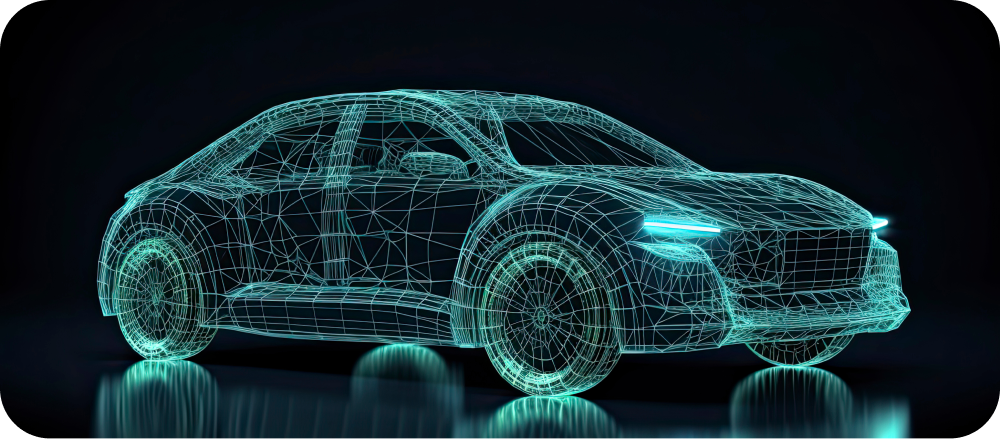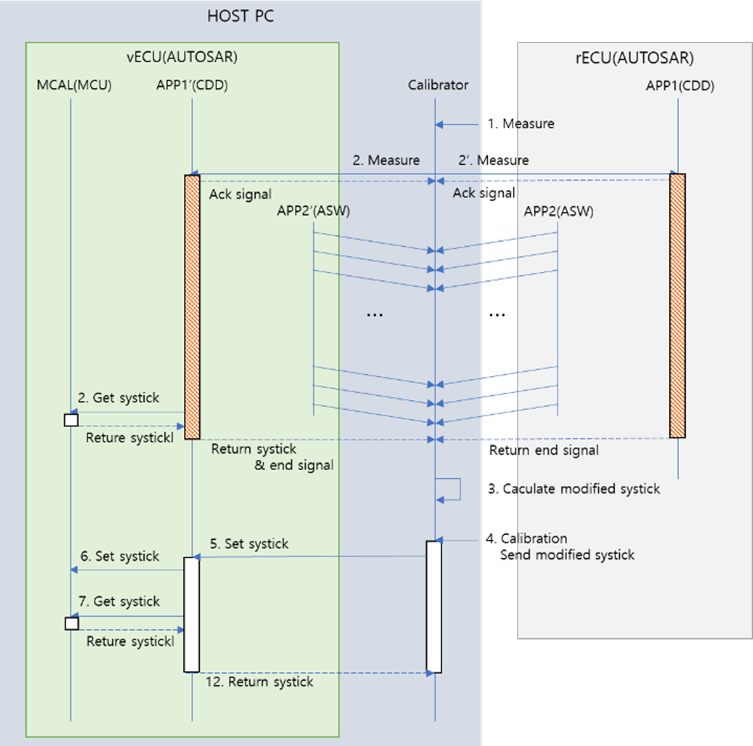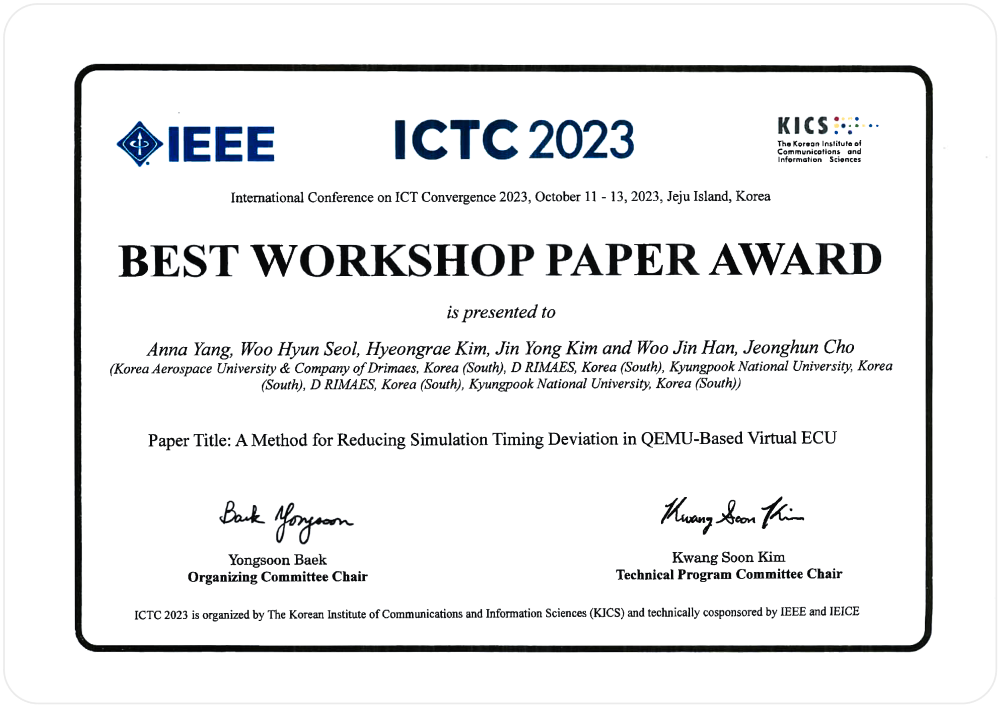
ICTC 2023: Breaking New Ground in
Vehicle ECU Simulation
Jan 11, 2024 | SEOUL
DRIMAES product mentioned within this articles are offered by DRIMAES, Inc.

The Journey Towards an Authentic SDV Solution
In the midst of rapidly increasing complexity in vehicle functions and services such as driver assistance systems, autonomous driving, and OTA (Over-The-Air) updates, the importance of simulation technology in their development and verification processes is growing more than ever. In particular, virtualization technology for ECUs (Electric Control Units) is being steadily researched and commercialized by many car makers desiring a shift to SDV (Software-Defined Vehicle), as it allows for consideration of the characteristics of vehicle ECUs in the development and validation stages of in-vehicle software.

In order to support this technological and industrial background and respond to the rapidly changing mobility ecosystem, DRIMAES has also been conducting continuous research and development. Last October, at the ICTC 2023, the largest domestic conference in the ICT field held in Jeju Island, we had the opportunity to encounter the efforts of DRIMAES. The DRIMAES SDV center R&D team, led by Center Leader Hisoka, and team members Metamon, Truman, and Red, presented a research paper titled “A Method for Reducing Simulation Timing Deviation in QEMU-based Virtual ECU.”

Operation sequence diagram for correcting errors
in the virtual ECU by reflecting the physical ECU
This study focused on virtualization technology for ECU using QEMU, one of the leading virtualization software. Specifically, it proposed an innovative simulation method that measures the execution time of a physical ECU using STM32F407ZGT and adjusts the timing in the AUTOSAR OS of the virtual ECU based on this data. This approach can significantly increase the accuracy of simulations while greatly reducing development and verification time.
The dependency on the existing host computer environment and the overhead generated due to the high computation of in-vehicle software have been major issues in ECU virtualization using QEMU. The experimental results of the new technological method proposed by DRIMAES showed that the simulation decreased from an average of 2.40% to 0.02%. This experiment suggests that reflecting the operational characteristics of the physical ECU in the QEMU-based virtual ECU can reduce timing errors in simulations, thereby enhancing precision.
Breaking New Ground in Vehicle ECU Simulation

Furthermore, this study was selected as one of the six best papers among 214 presented at the ICTC 2023, receiving recognition for its excellence. This award signifies a major advancement in the development and validation of in-vehicle software. It is expected to derive new value in the increasingly important SDV solution ecosystem and have a significant impact.
The architecture of vehicles is gradually being enhanced through software. Consequently, various solution providers, including automobile manufacturers, based on valid data. The goal is to connect technology and vehicles to offer driving experiences that are more convenient and safe.
It’s not just about technological advancement; the innovative research and efforts of the DRIMAES SDV center serve as an opportunity to further enhance the stability and reliability of DRIMAES solutions. We applaud their innovative work and look forward to more developments and achievements in the future.
